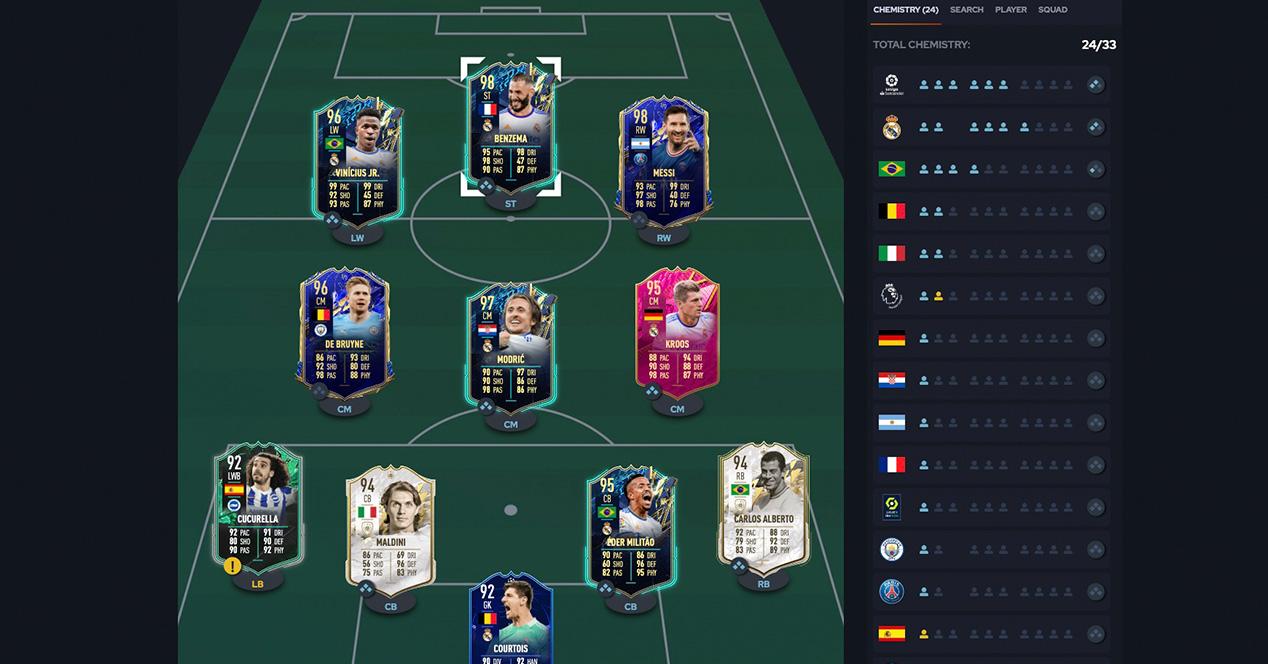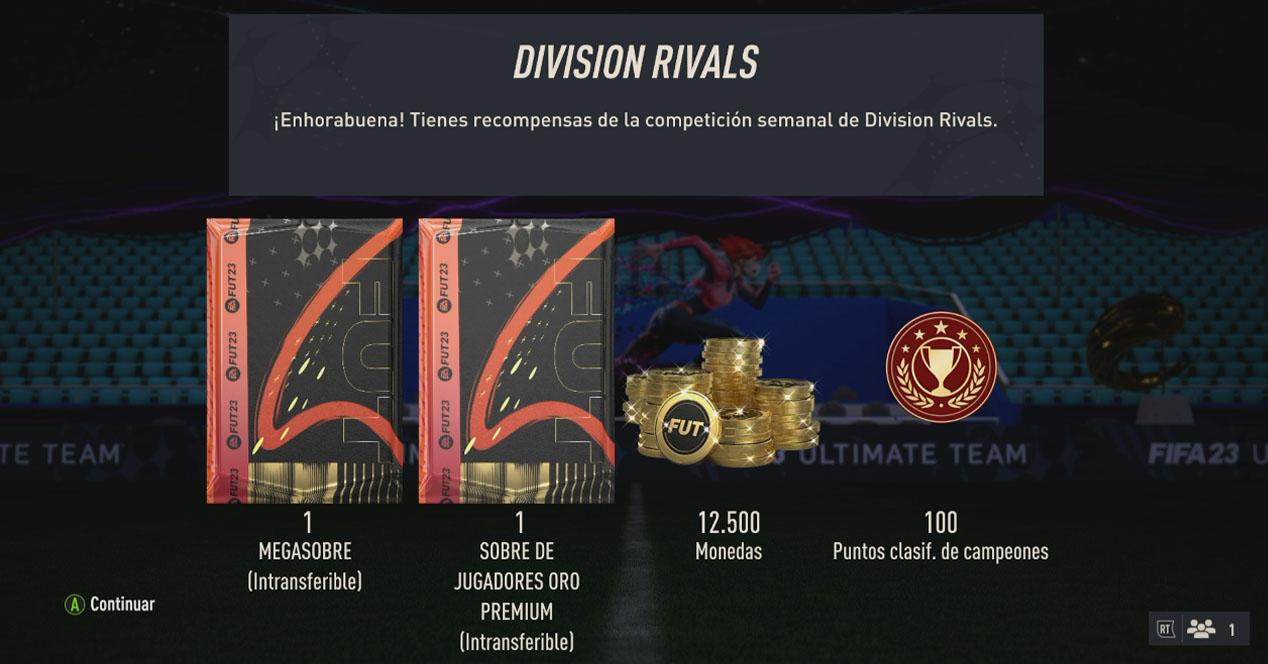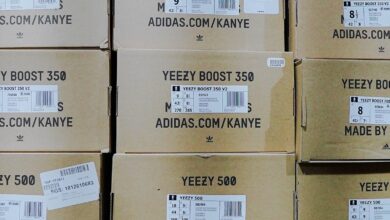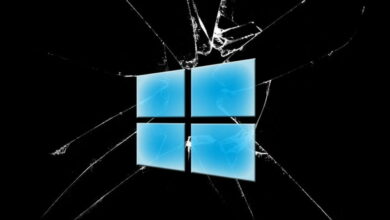
FUT, or FIFA UltimateTeam, is the quintessential mode of FIFA. It is the mode most played by users, and it is a fun mode that allows create your own template from a series of letters. These cards are nothing more than a similar representation of the collectible stickers or stamps that fill the classic collectible albums, so that at first there is an endearing connection that you like.
These cards are obtained from packs that are obtained by earning coins (they are obtained by winning matches and challenges) or, attention, buying packs in the store with real money. It is important to mention that the income generated by FUT pack sales account for 30% of EA’s total revenueso you can get an idea of the amount of money that the stamps move.
The best team in the world
As you would expect in a soccer game, if you can have the best players in the world, all the better. And that in FUT was not going to be less. Users want to build dream squads, and for this you have to accumulate a lot of coins and win a lot of matches. The more matches you win, the more rewards you will have, and this is where the spiral of endless matches begins, and where FIFA manages to retain the player forever.
There is no escape
In FIFA FUT you can earn coins in many ways, but it is always by doing the same thing: playing and winning matches. The Play in FUT tab is made up of the following sections:
- moments: Relive key moments from historic matches. Completing them will earn you FUT Stars, which you can redeem for packs.
- Squad Battles: Compete against lineups of other players around the world. It is played against the AI, and depending on the chosen difficulty, you will receive more or less points. Those points will put you on a global ranking that resets weekly, and depending on your rank, you will receive more or less rewards (packs and coins).
- Division Rivals: Compete against other players to rank up and get weekly rewards.
- FUT Champions: The competition par excellence. Here the best FUT players are ranked, and their rewards are very juicy.
- friendly: Play with other players without losing (or winning anything).
As you can see, there are all kinds of modalities, but far from being a chaos in which you don’t know what to play, EA has organized everything so that you have it perfectly structured, and this is where the journey of no return is generated.
the tight schedule
Rewards earned in Squad Battles, Division Rivals, and FUT Champions are dated. Squad Battles rewards are given out on Sunday mornings, Division Rivals rewards on Thursdays, and FUT Champions Finals rewards on Mondays (not Playoffs, which are available all week).
This distribution of rewards makes players plan their matches, and leave for later others whose rewards are obtained later. But in the end, the final photograph is quite illuminating, since they are forced to play every day to be able to keep up the pace and be able to compete on equal terms with the rest of the players. The problem is in the number of games needed to reach these prizes, since to get results you have to hear the final whistle many times. Luckily for parents, there is a way to limit the number of hours you play FIFA. Be that as it may, these are the matches that must be played in each mode to achieve results:
- Squad Battles: You have 40 matches to get the highest score possible.
- Division Rivals: You need 3 wins to get a weekly reward, and 8 wins to get the best reward for the division you’re in.
- FUT Champions: In the case of making it through the qualifiers (minimum 5 matches to do so), the finals will keep you busy all weekend (only days when FUT Champions Finals matches are played).
None of these modes are mandatory to play, but obviously the more you complete the more rewards you will have and the more players you will receive. For this reason, many players are forced to follow each competition to the letter, occupying them completely the week game after game.
Doing the math, if we assume that in Squads Battles you need at least 15 matches to have a fairly normal score that offers an acceptable reward, that in Division Rivals you need 20 matches to move up a division and have good rewards, and that in FUT Champions it offers you 10 weekly matches to qualify for the finals, we would be talking about a total of 11.25 hours per week of FIFA.
And that’s not counting the FUT Champions competitions on the weekends and the extra matches you could still play for more profit. For example, there are objectives that players give you if you play friendly matches with certain conditions. For example, “win six friendly matches with three German players and another three from the Italian league in the starting 11.” This is the traditional dynamic when starting a team in FUT and with a normal level of play. If you are a very advanced or professional player, it is usually enough to reach the FUT Champions Finals to get great rewards every week and build a fast team.
It’s so hard to keep up
The result of all this is obvious. EA doesn’t want players to go to another game. They want the players to spend as much time as possible in their title, and with the FIFA mechanics they achieve it. In addition, the arrival of new players with new skills and higher scores constantly increases the buying interest, so there is no final line-up until the end of the season, that is, until the next FIFA. This is obviously not new. Many games that move large masses work in the same way, with micropayments, with constantly changing seasons and with an ecosystem that traps the player. The problem with micropayments is that many become a dangerous pay to winthat is, to get victories you are forced to spend money.
This is one of the controversies that most persecutes FIFA, after their envelopes took them to court for alleged conduct related to gambling. This year, it seems that the free packs seem to be more generous with prizes, although many are complaining about the gigantic number of duplicate cards they receive. Be that as it may, there will never be a perfect team, and that is exactly what EA wants, that you keep fighting for it.



